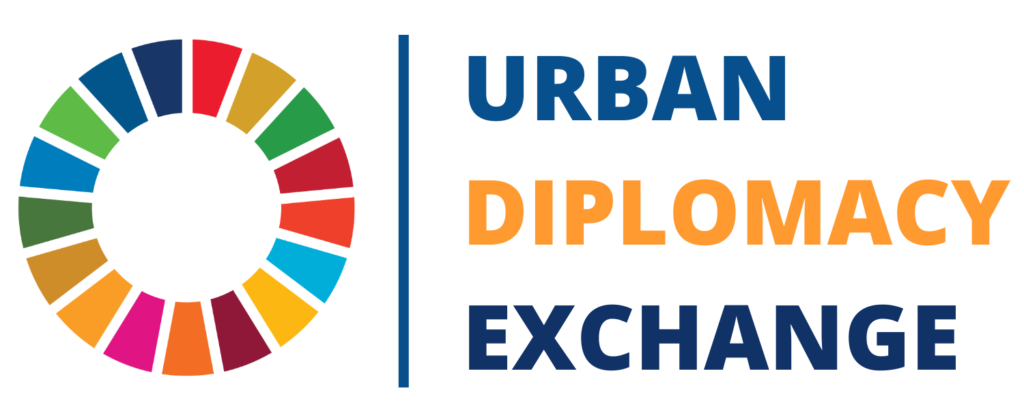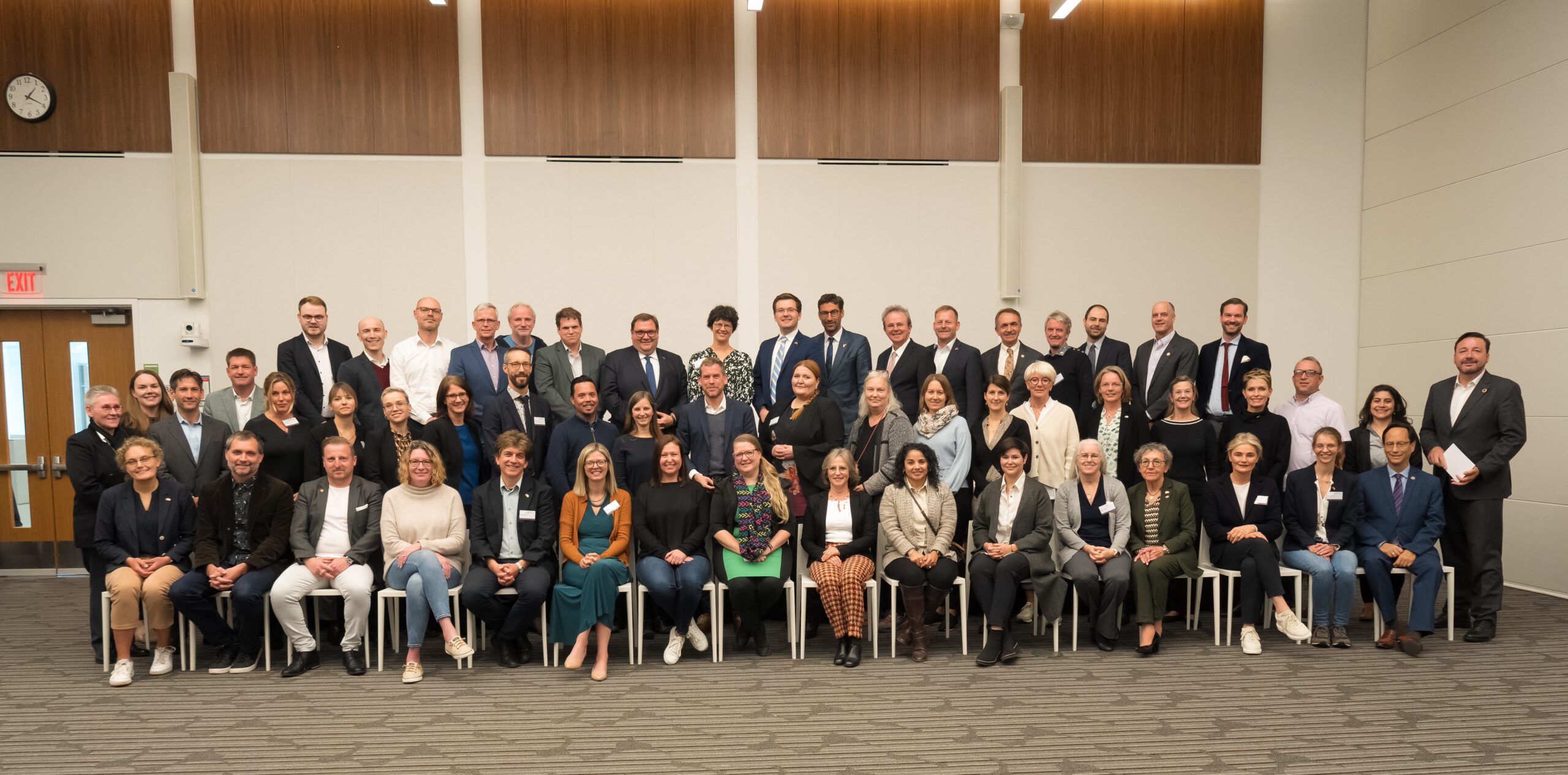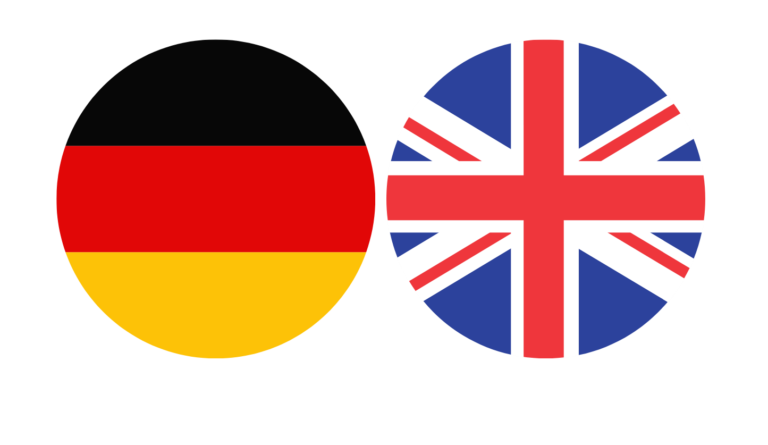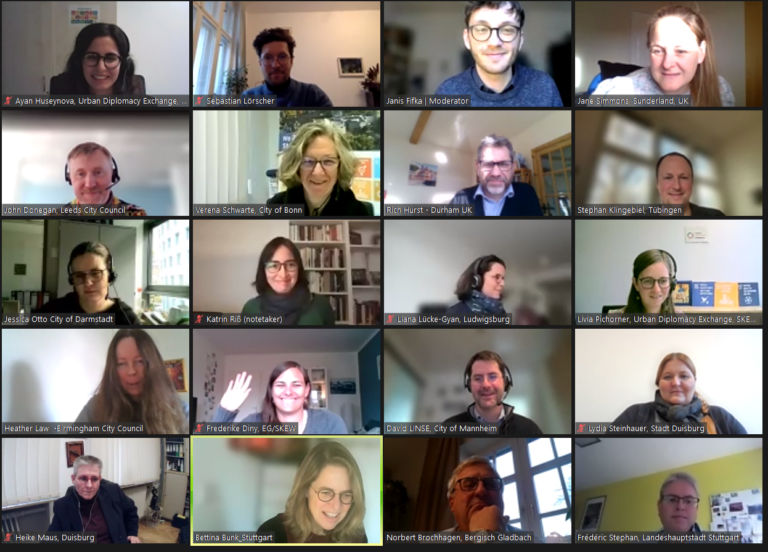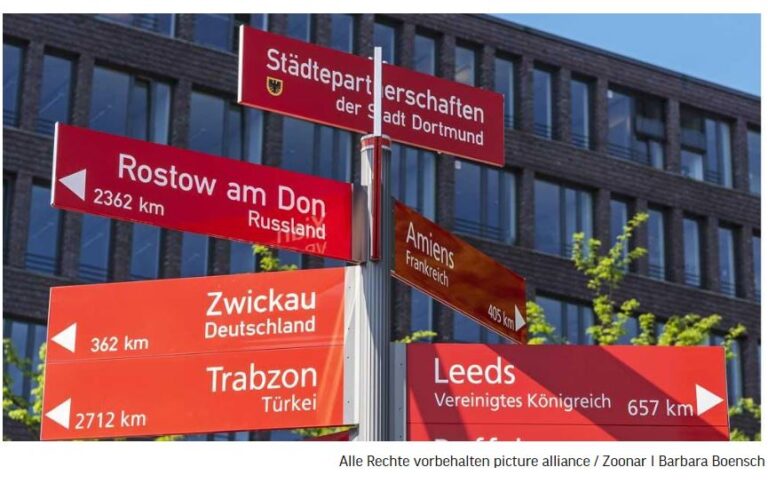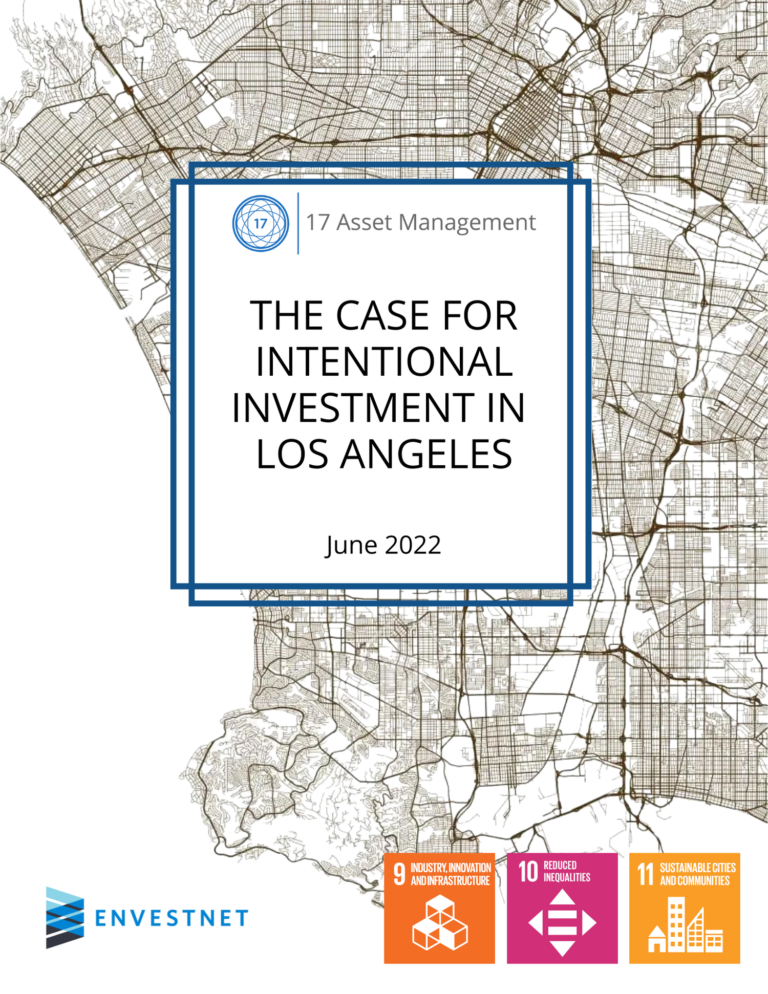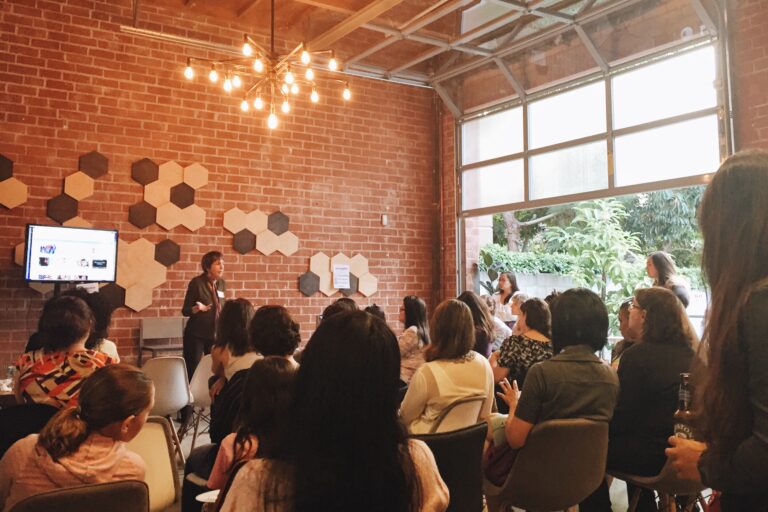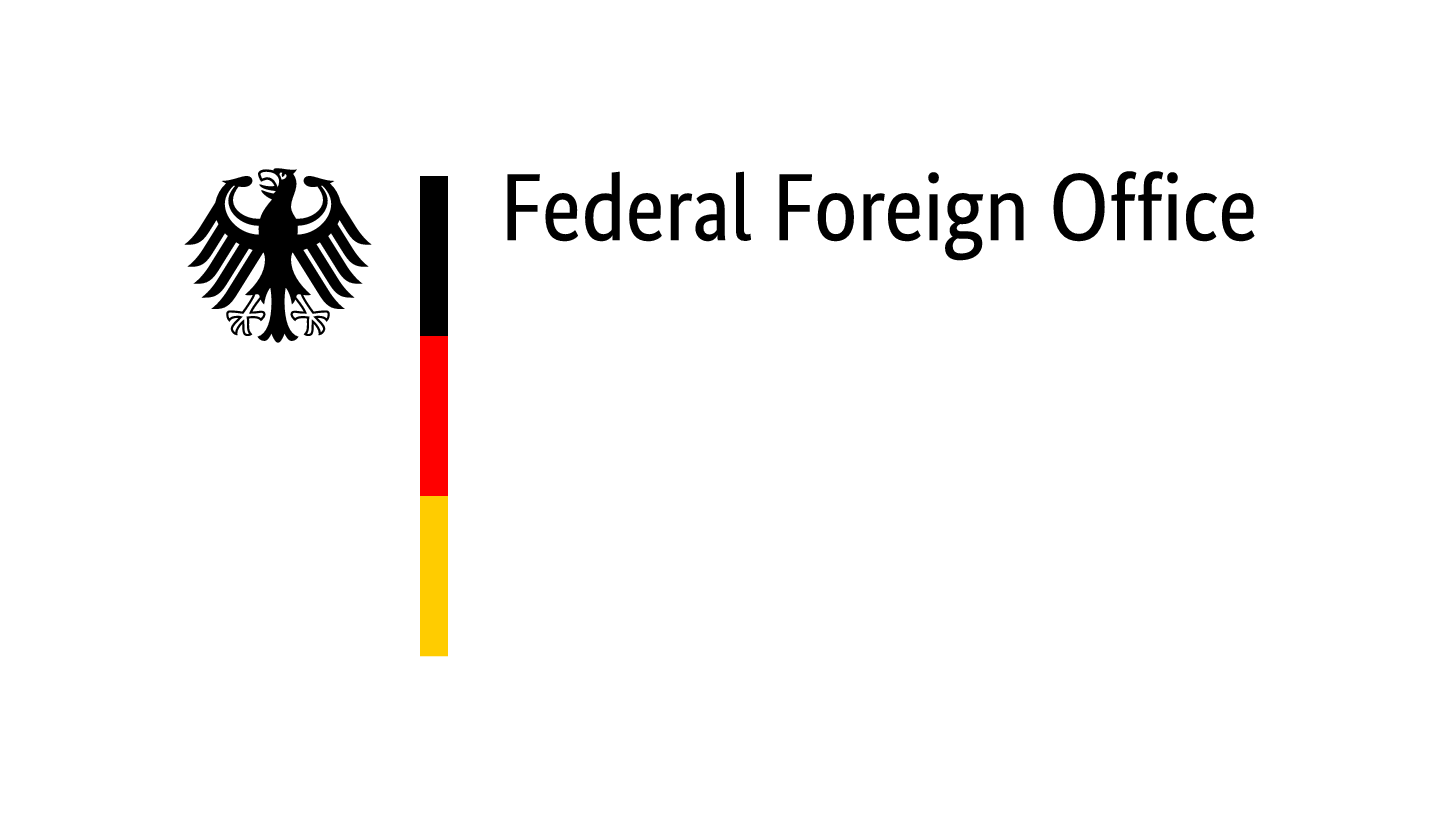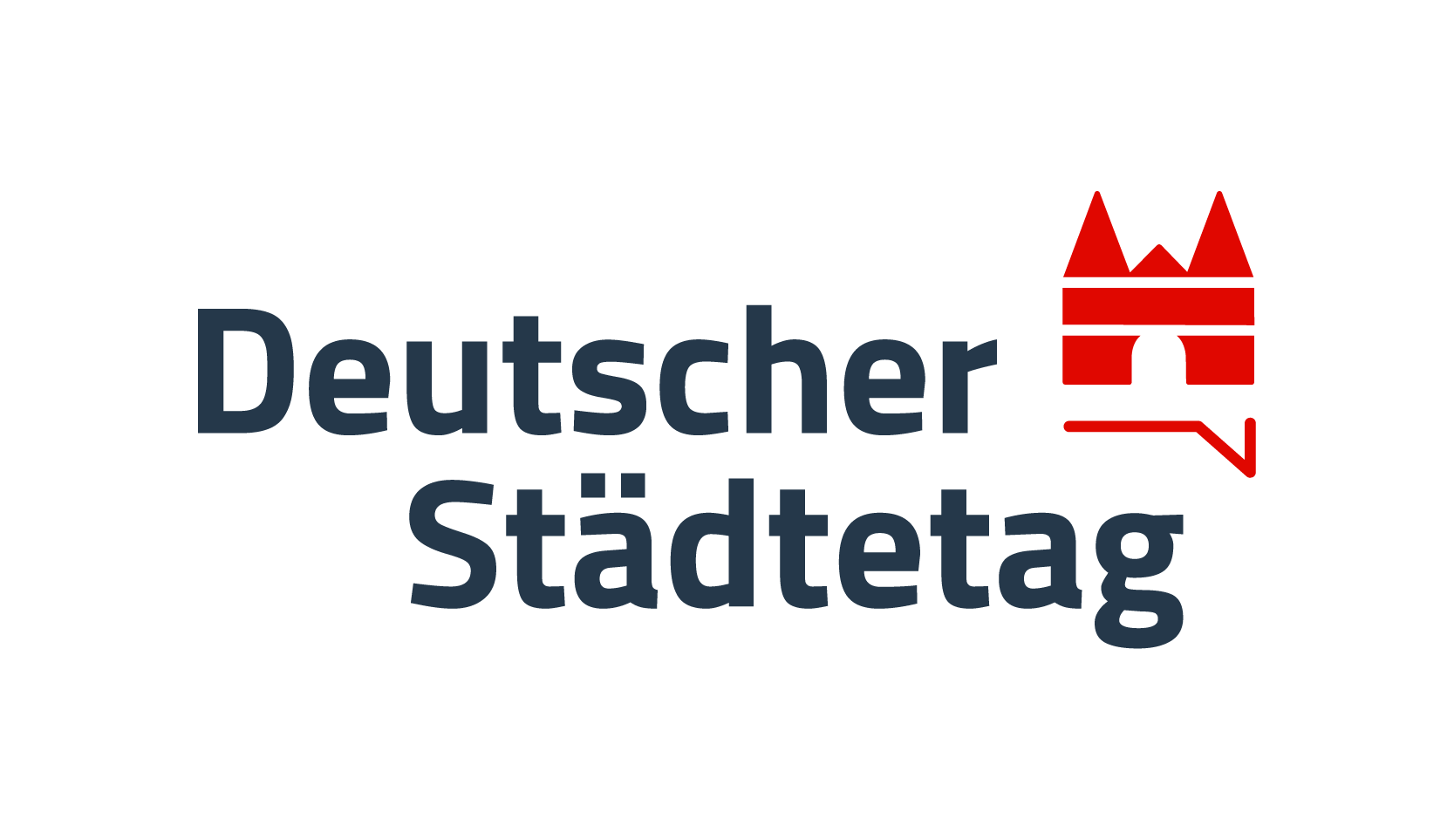The first Urban Diplomacy Exchange partnership conference brought together around 60 representatives from German and US cities in Washington, DC. The conference laid foundations for future-oriented, transatlantic cooperation and the further development of the role of cities in the context of urban diplomacy.
What city diplomacy means became more tangible through the keynote contributions, the technical input from the municipalities and multiple discussions. The City of Dortmund called for town twinning to be understood much more broadly than in its traditional form. City's own administration could be enabled to work internationally, for example through language courses and diplomacy lectures, to think beyond the city limits and act in the sense of global responsibility. In addition, municipal external relations are important, especially when there is rather limited communication and relations at the national level.
During the 2.5 day conference from 18.-20. October, all of the 9 city partnerships listed below were represented by at least two city departments. These representatives mostly came from international offices, urban planning offices or from the areas of sustainability and climate protection. The presence of 9 mayors on both sides of the Atlantic also underscored the importance of municipal external relations and constructive professional cooperation for a just world.
As each partnership is at a different point in their collaboration, the cities came together on the first day of the conference to discuss a shared vision in their partnership. In the course of the conference there was also the opportunity to talk about specialist departments and municipal actors who were already involved and to consider which ones could still be involved. In addition, further concrete steps in the partnership and communication were discussed and numerous ideas emerged, which will be structured after the conference in the further exchange of partnerships.
On Wednesday, the second day of the conference, the cities were brought into a cross-partnership professional exchange in order to discuss and learn from the projects related to climate protection (City of Kiel and City of Krefeld), sustainable transport infrastructure (City of Portland and City of Düsseldorf) and flooding (City of Portland).
Urban diplomacy as a tool for strong cities
Before the panel discussion began, the nine city leaders from five German and four US cities who were present at the conference came together at the German Embassy and had lively discussions about democracy and climate protection, bringing together the technical information and perspectives of the two previous days engage in political discussion.
The concluding panel discussion intertwined the scientific view of urban diplomacy with the practical possibilities and challenges of cities. The panel agreed that cities are very specifically confronted with global challenges and that citizens expect answers from their municipalities. The 1st mayor of the city of Duisburg, Edeltraud Klabuhn, emphasized the importance of municipalities embodying the democratic principles so that they can react to constantly new changes and operate sustainable services of general interest and enable a diverse urban society.
Cathryn Clüver Ashbrook from the Bertelsmann Foundation appealed in particular to the national levels that cities need to be brought more to the negotiating table of international politics and included in discussions on an equal footing. "If we are urbanized in 2030 as we have never been before and want good living conditions for all, then this has to happen in unison with cities," Ashbrook said.
This also found approval at the level of the municipal representatives who were represented on the panel: "A lot of work is done on ground level in municipialities. Let's not waste that. Share the benefit, not only for environmentally better, but also for stronger cities," says the young Mayor of Sheboygan, Ryan Sorenson, who sees cities as "leaders for change". Martin van der Pütten, head of international affairs at the city of Dortmund, also urged the national level to see cities as a supplement to diplomatic means and “to use the power of cities”, otherwise you will miss an opportunity. Municipalities need to be formally and systematically involved in foreign relations, so he appealed to the federal government to consider training city diplomats to enable them to function as a complement to diplomatic relations at the national level. He went on to say that every city, of any size, is already practicing urban diplomacy, since they have a great deal of creative freedom and opportunities to cultivate relationships across borders due to their concern and accumulated knowledge. Tony Pipa from Brookings also made it clear that the 2030 Agenda in cities is an opportunity to become better locally.
The two and a half days of transatlantic urban cooperation showed very clearly how strong the interest and need for municipal cooperation is and how fundamental personal acquaintance and professional exchange is in order to then articulate possibilities and needs at national and international level, and jointly commit to global responsibility and to effectively complement national diplomatic relations with municipal ones.
We would like to thank all participants and those who provided input for their contributions.
